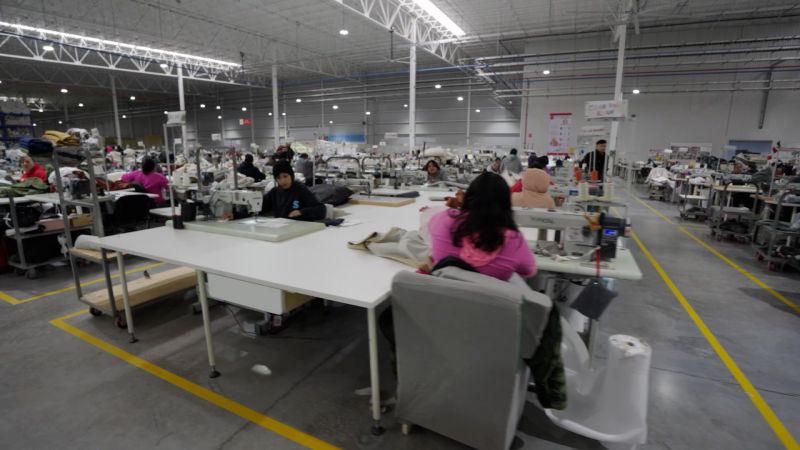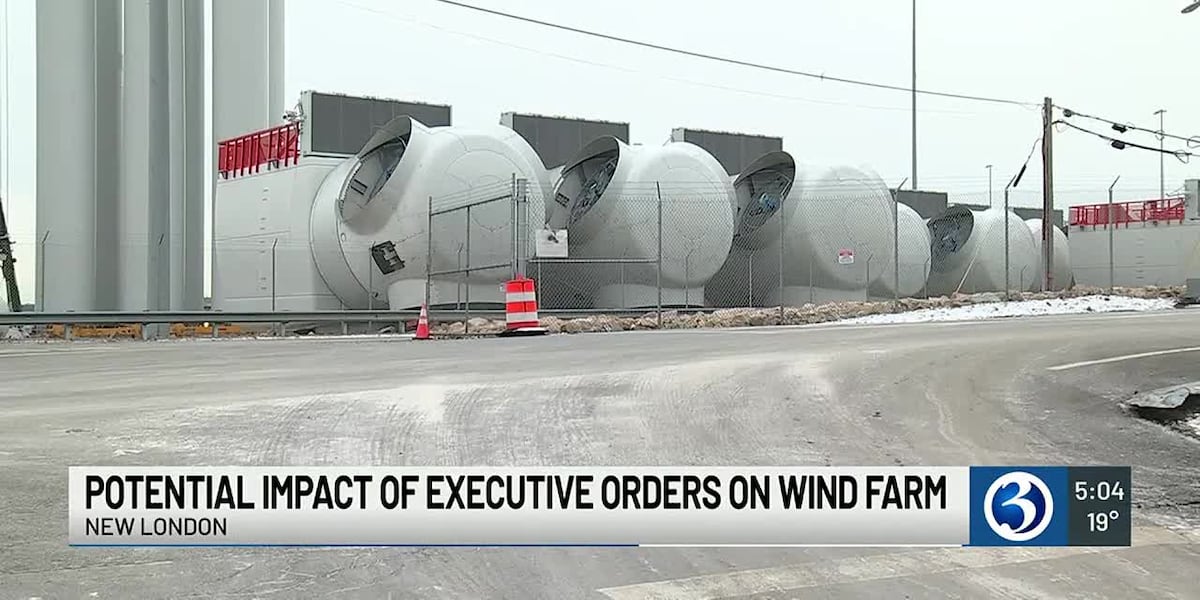
Insider Confidence: ASX's Hidden Gems of Growth and Potential
Australian Market Surges: Tech and Consumer Sectors Drive Optimistic Trading The Australian stock market demonstrated resilience today, with the ASX200 climbing 0.5% to reach 8,445 points, propelled by strong performances in the Information Technology and Discretionary sectors. Despite ongoing geopolitical tensions surrounding U.S.-China trade relations, investors are finding opportunities in strategic market segments. In this dynamic trading landscape, savvy investors are increasingly focusing on companies with robust insider ownership—a key indicator of management's confidence and alignment with shareholder interests. By identifying firms where executives have significant personal stakes, investors can potentially uncover more stable and promising investment opportunities. The market's nuanced movement highlights the importance of sector-specific analysis and understanding the intricate interplay between global economic factors and local market dynamics. As technology and consumer discretionary stocks lead the charge, the Australian market continues to showcase its adaptability in an ever-changing global economic environment.










